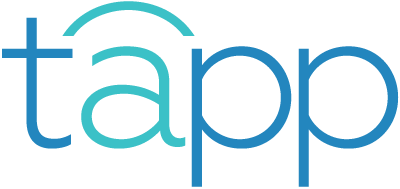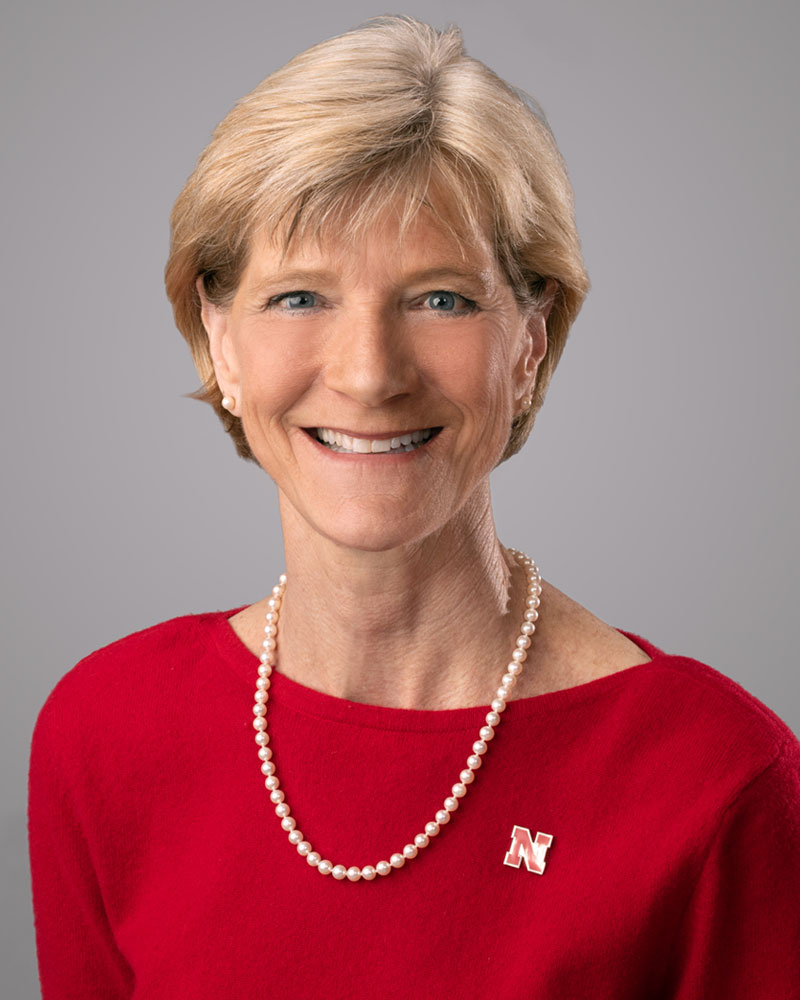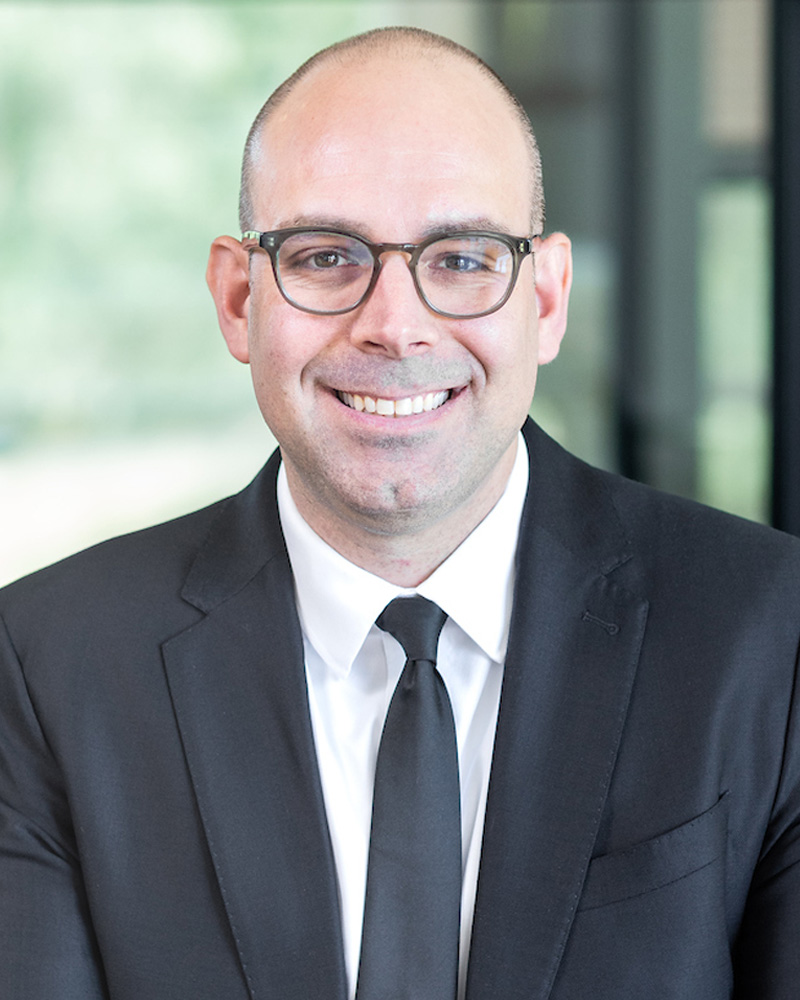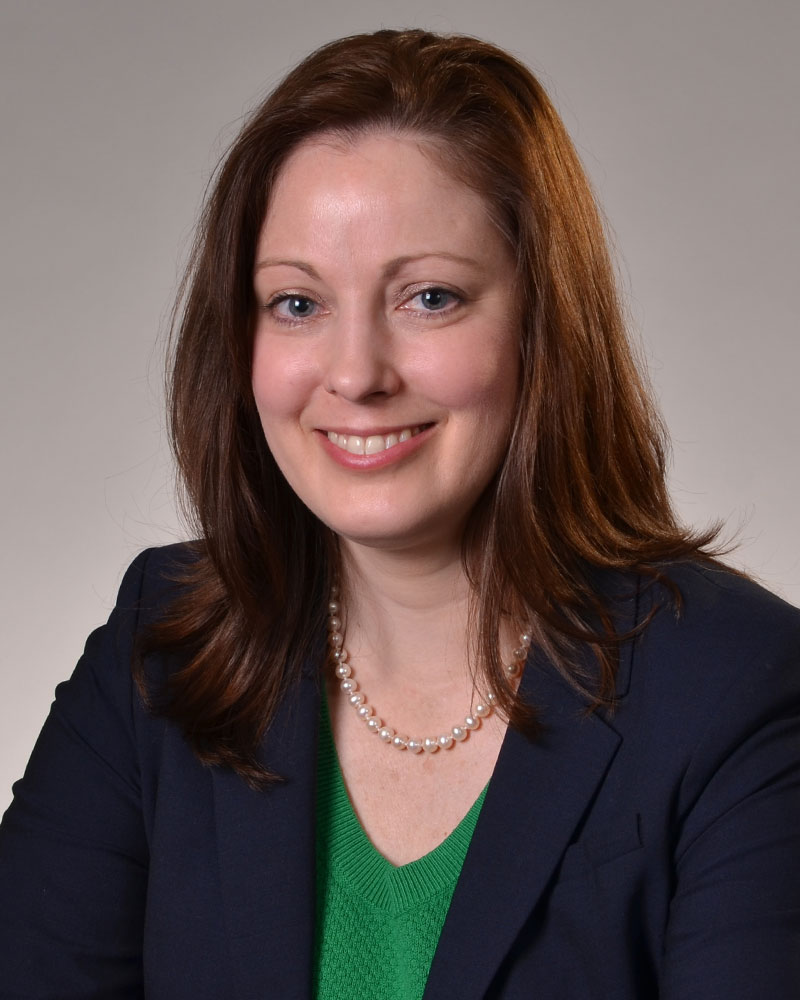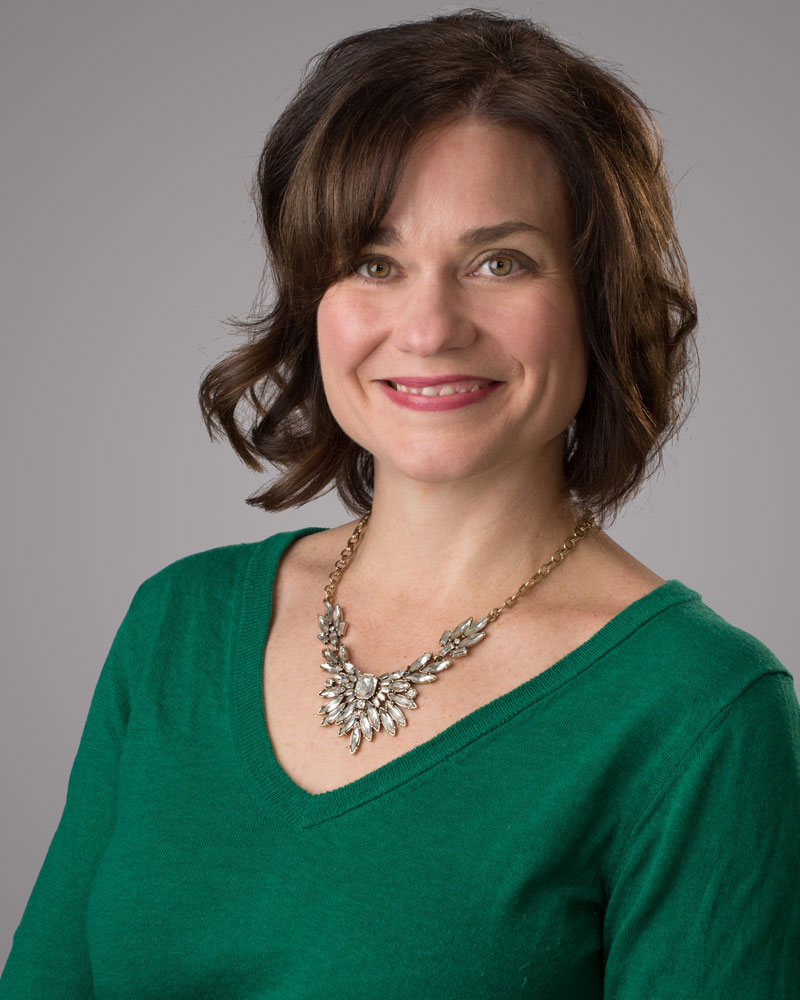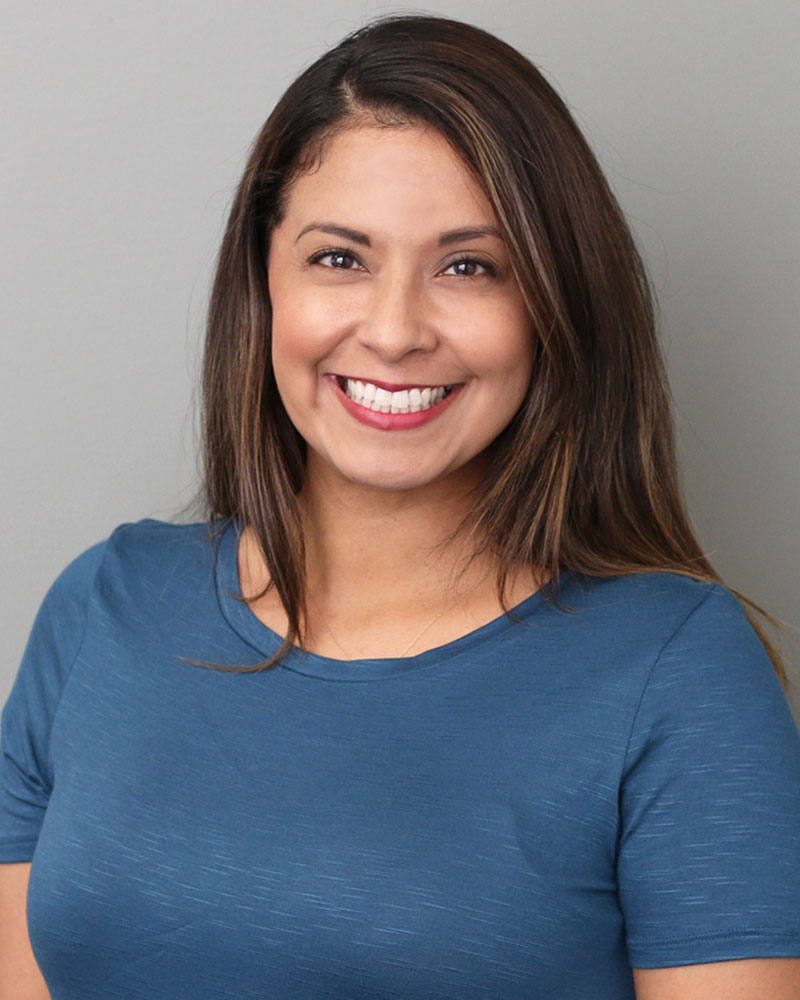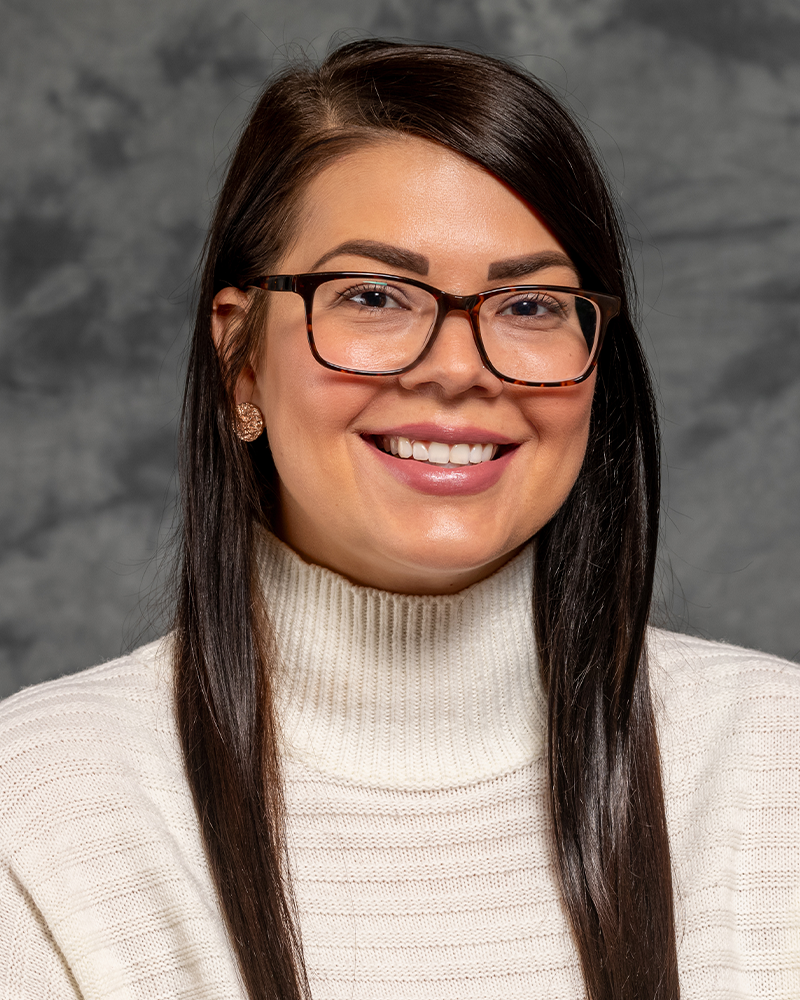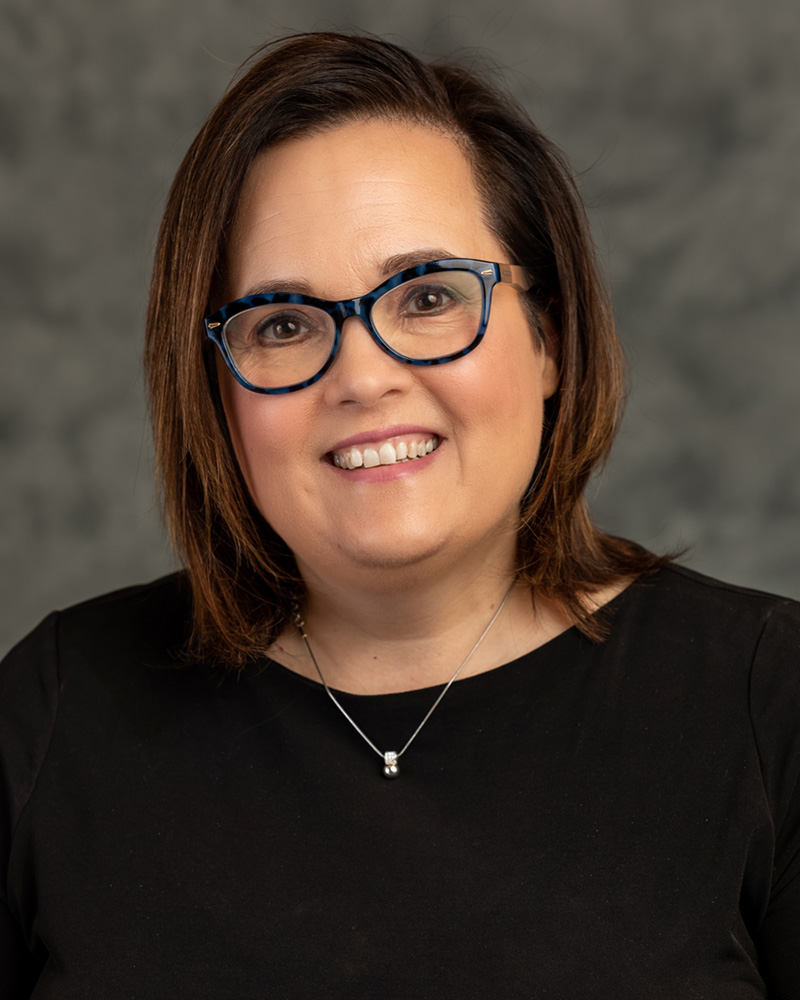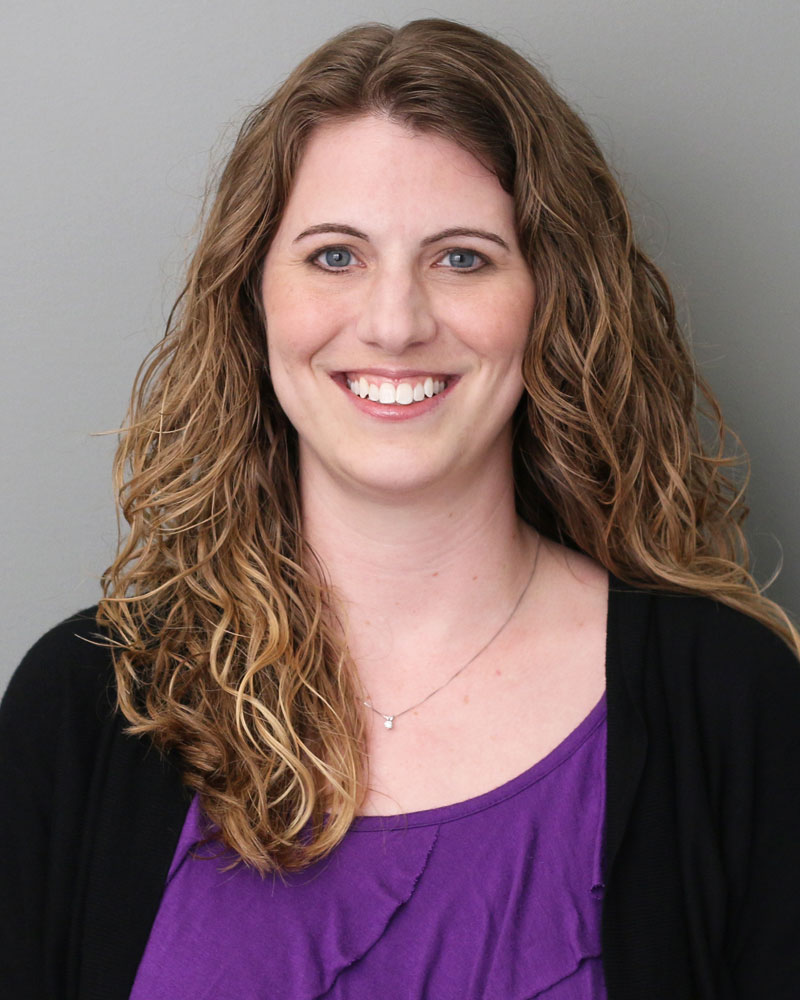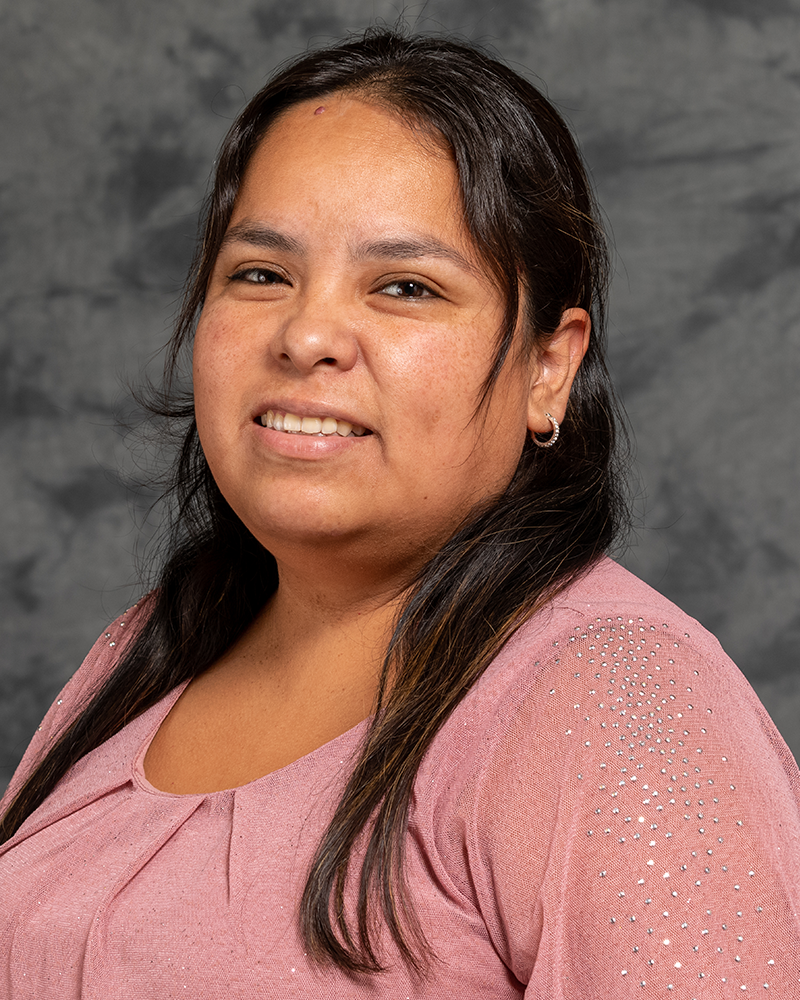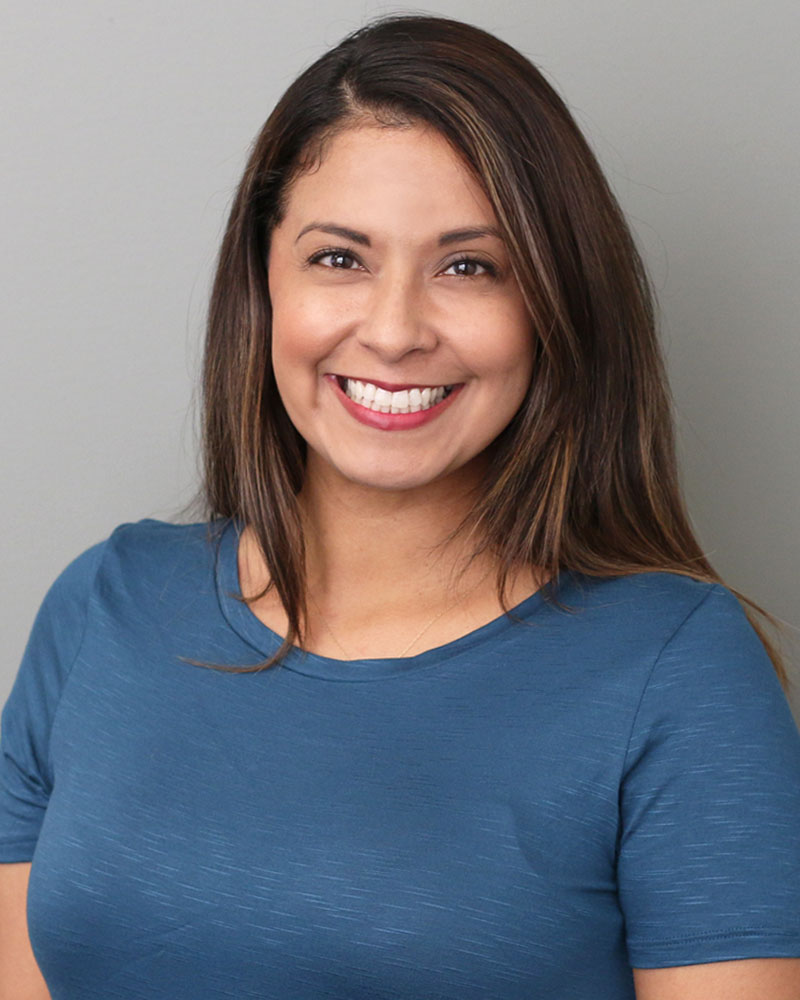About TAPP Online
Overview
TAPP Online is a five-year study that aims to identify the most effective way to prepare school specialists to implement the Teachers and Parents as Partners (TAPP) intervention in rural communities, while creating family-school partnerships to improve student success.
Our research team is leveraging virtual professional development to bring TAPP to rural communities. Our goals are to support school specialists as they deliver TAPP and promote positive school outcomes for students they serve.
Teachers and parents enrolled in the study will be paid for their participation.
What is TAPP?
TAPP is a problem-solving approach that builds on student strengths and fosters collaboration among parents and teachers. It has been shown to enhance students’ academic, behavioral, and social outcomes, and strengthen parent-teacher relationships. Learn more about TAPP.
Why do we need TAPP Online?
When families and schools work together, students succeed. Family-school partnerships are effective at addressing social-behavioral and mental health challenges that get in the way of student learning. This study offers enhanced services and evidence-based training to specialists in rural schools where the need is high and resources may be scarce, particularly amid the ongoing pandemic.
Scope
TAPP Online involves collaboration with dozens of rural elementary schools in Nebraska and Colorado. Thirty school-based consultants will implement TAPP with 240 students in Pre-kindergarten through Grade 5, and their teachers and families.
Goals:
- Promote academic, social and behavioral success of PreK-5 students who need extra help.
- Support school specialists as they learn how to promote family-school partnerships.
- Strengthen relationships between families and schools.
- Gather information about typical services provided by the school.

